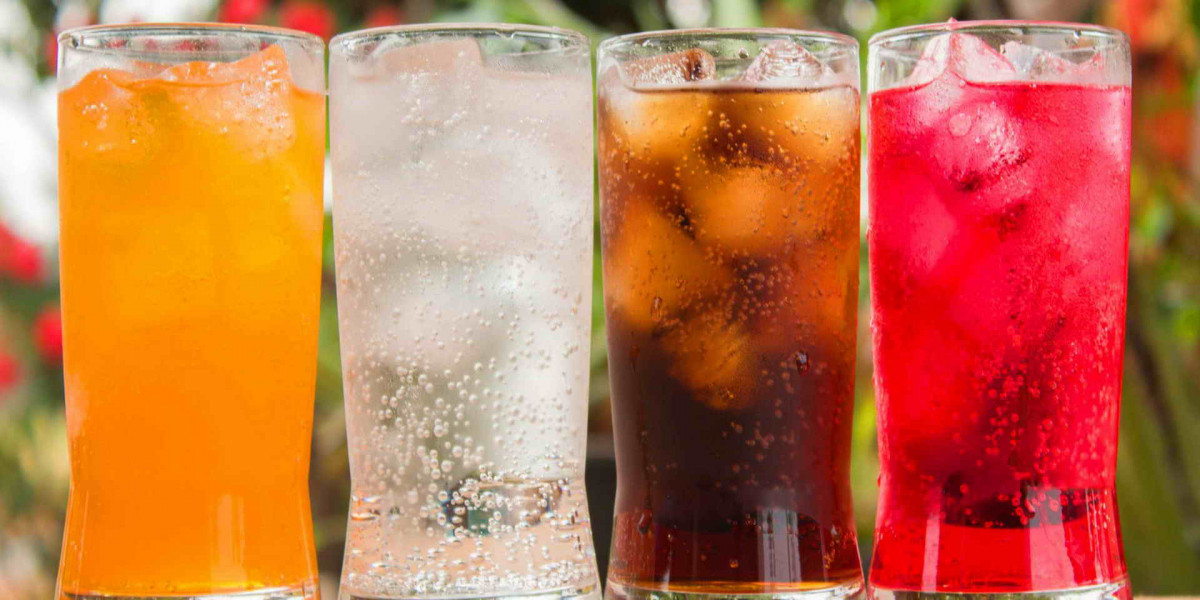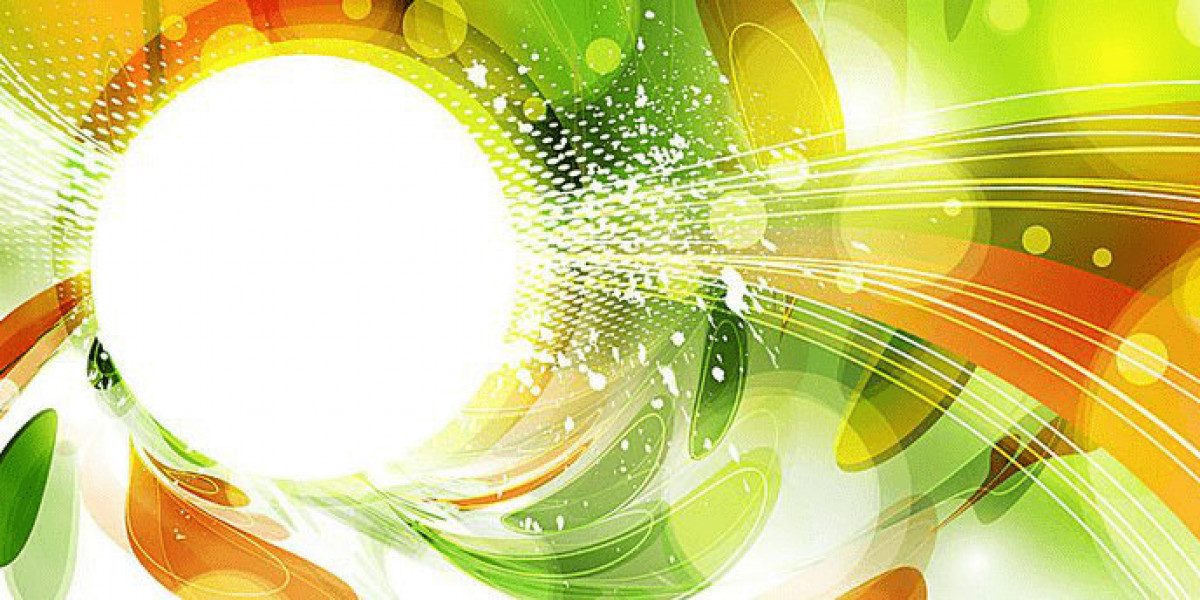Introduction
The alcoholic beverage industry is undergoing a transformation driven by consumer demand for unique, exotic, and premium flavor infusions. Traditional spirits, beers, and wines are being reimagined with innovative ingredients, offering consumers new and exciting drinking experiences. This article explores the most popular flavor trends in alcoholic beverages and the future direction of the market.
Popular Flavor Trends in Alcoholic Beverages
1. Botanical and Herbal Infusions
Botanical-infused alcoholic beverages have gained significant traction, particularly in the craft gin and vodka markets. Ingredients such as lavender, rosemary, basil, chamomile, and elderflower add depth and complexity to spirits, appealing to consumers seeking natural and aromatic flavor profiles.
2. Exotic Fruit Blends
Tropical and exotic fruit flavors are being incorporated into alcoholic beverages to create refreshing and vibrant taste experiences. Flavors such as dragon fruit, passion fruit, lychee, blood orange, and yuzu are becoming more common in cocktails, flavored spirits, and craft beers.
3. Spiced and Smoked Notes
Bold flavors inspired by spices and smoky undertones are trending in the alcoholic beverage market. Whiskey, rum, and tequila brands are experimenting with infusions of cinnamon, chili, black pepper, and smoked wood to create warm and complex flavor profiles that appeal to adventurous drinkers.
4. Floral and Tea-Based Infusions
The growing interest in floral and tea-based beverages has extended to alcoholic drinks, with flavors like jasmine, hibiscus, rose, and chamomile making their way into cocktails and liquors. Tea-infused spirits and cocktails, incorporating green tea, matcha, and oolong, are also on the rise due to their unique taste and perceived wellness benefits.
5. Low-ABV and Non-Alcoholic Innovations
As moderation and mindful drinking trends gain popularity, low-alcohol and non-alcoholic beverages are seeing a surge in demand. These drinks often incorporate sophisticated flavors such as ginger, cucumber, berry blends, and citrus infusions to provide a satisfying alternative to traditional alcoholic options.
Future Directions in the Alcoholic Beverage Flavor Market
1. Sustainable and Organic Ingredients
With the clean label movement gaining traction, alcoholic beverage brands are focusing on organic, sustainably sourced ingredients. Natural sweeteners, ethically grown botanicals, and non-GMO fruit extracts are becoming key selling points for health-conscious consumers.
2. Cross-Cultural and Regional Flavor Influences
Global influences are shaping the alcoholic beverage market, with brands incorporating flavors inspired by different cultures. Japanese umeshu (plum wine), Mexican tamarind-infused tequila, and Caribbean-inspired coconut rum blends are attracting consumers seeking unique international flavors.
3. Functional and Adaptogenic Spirits
The wellness trend is influencing alcoholic beverages, leading to the introduction of functional ingredients such as adaptogens, nootropics, and herbal extracts. Ingredients like ashwagandha, reishi mushrooms, and turmeric are being used to create cocktails and spirits that promote relaxation and stress relief.
4. Hybrid Beverages and Unexpected Pairings
Alcoholic beverages are blending with other drink categories to create hybrid offerings, such as coffee-infused whiskey, wine-based cocktails, and kombucha-infused beers. These unexpected pairings cater to consumers looking for novel and multi-layered drinking experiences.
5. Personalized and Limited-Edition Flavors
Customization is becoming a key trend in the alcoholic beverage market. Brands are offering limited-edition seasonal flavors, mix-your-own cocktail kits, and AI-driven personalized drink recommendations to cater to individual preferences and enhance consumer engagement.
Conclusion
The beverage flavors market in alcoholic beverages is evolving rapidly, driven by consumer interest in unique, exotic, and high-quality infusions. From botanical and spice-driven flavors to culturally inspired and wellness-oriented innovations, brands that embrace creativity and sustainability will continue to lead the market. The future of alcoholic beverage flavors promises to be diverse, dynamic, and full of bold new possibilities.









